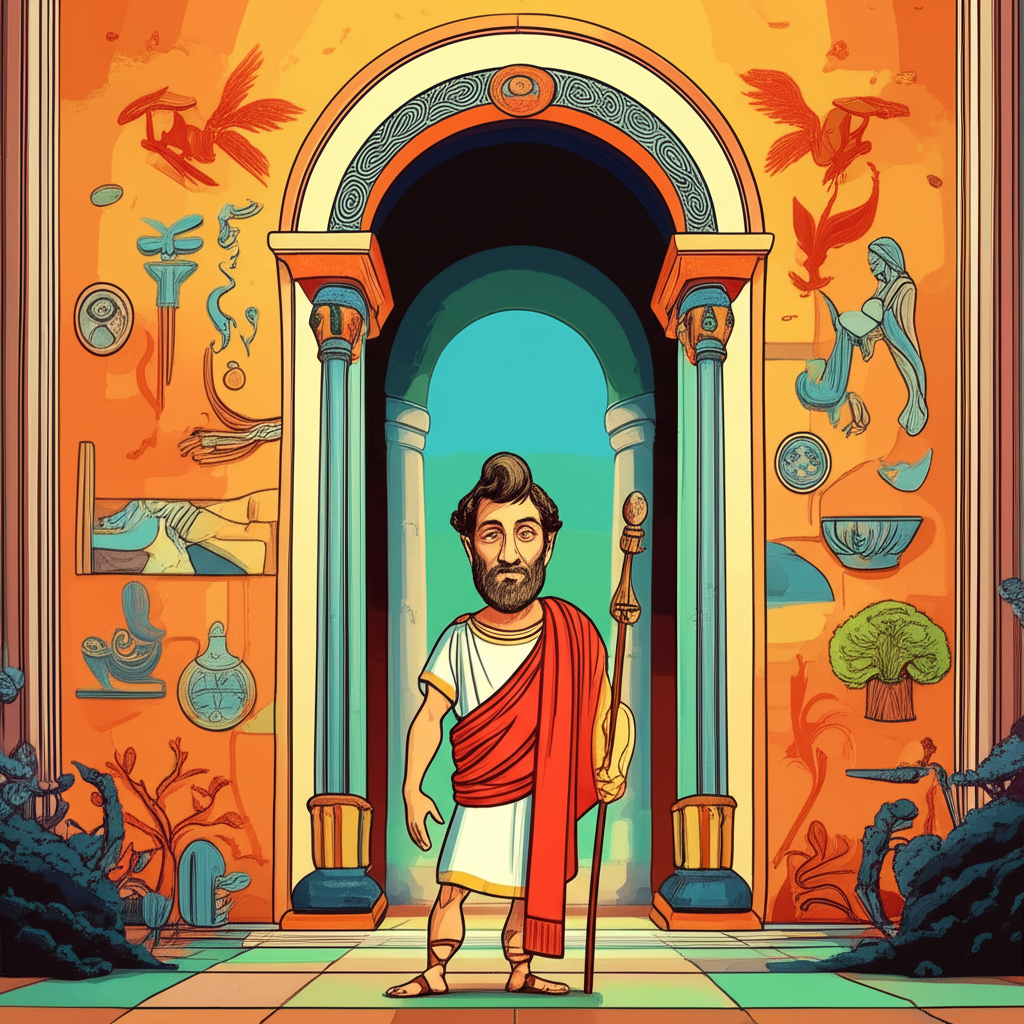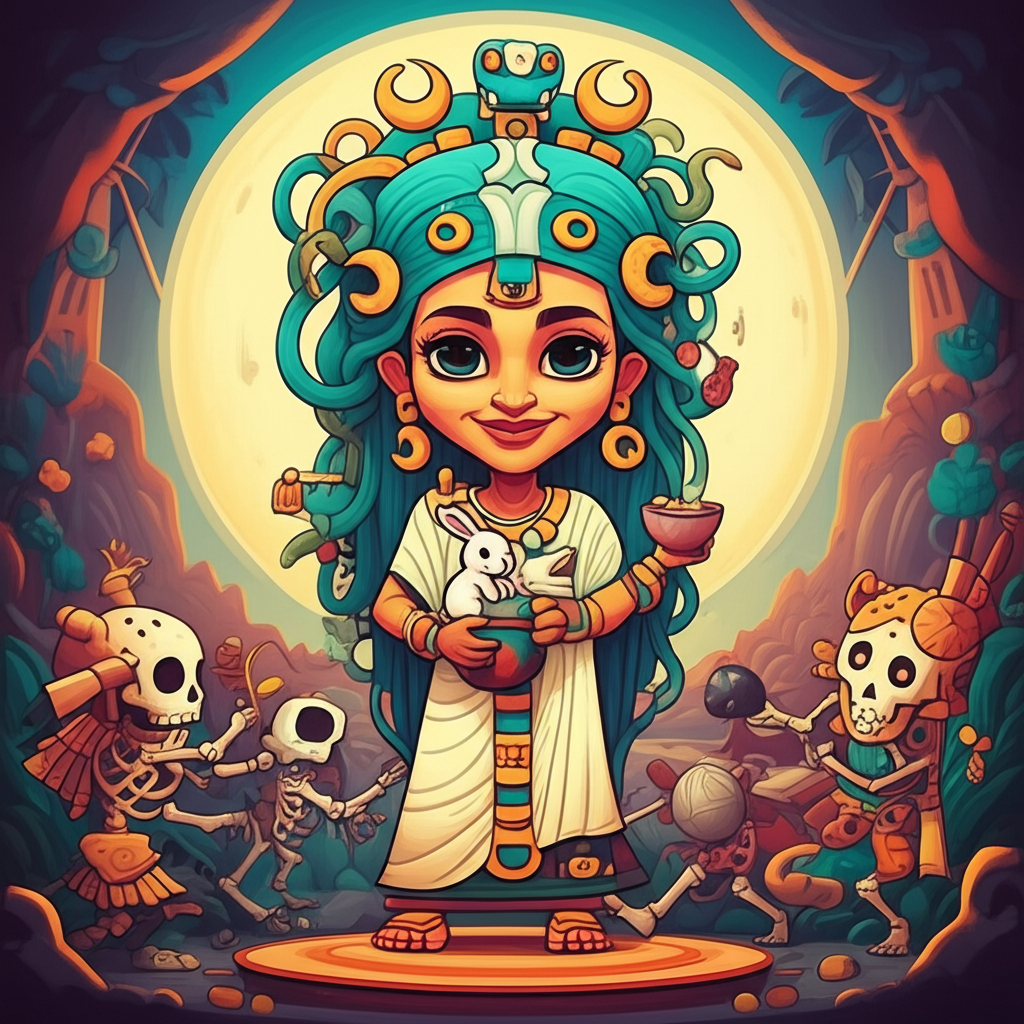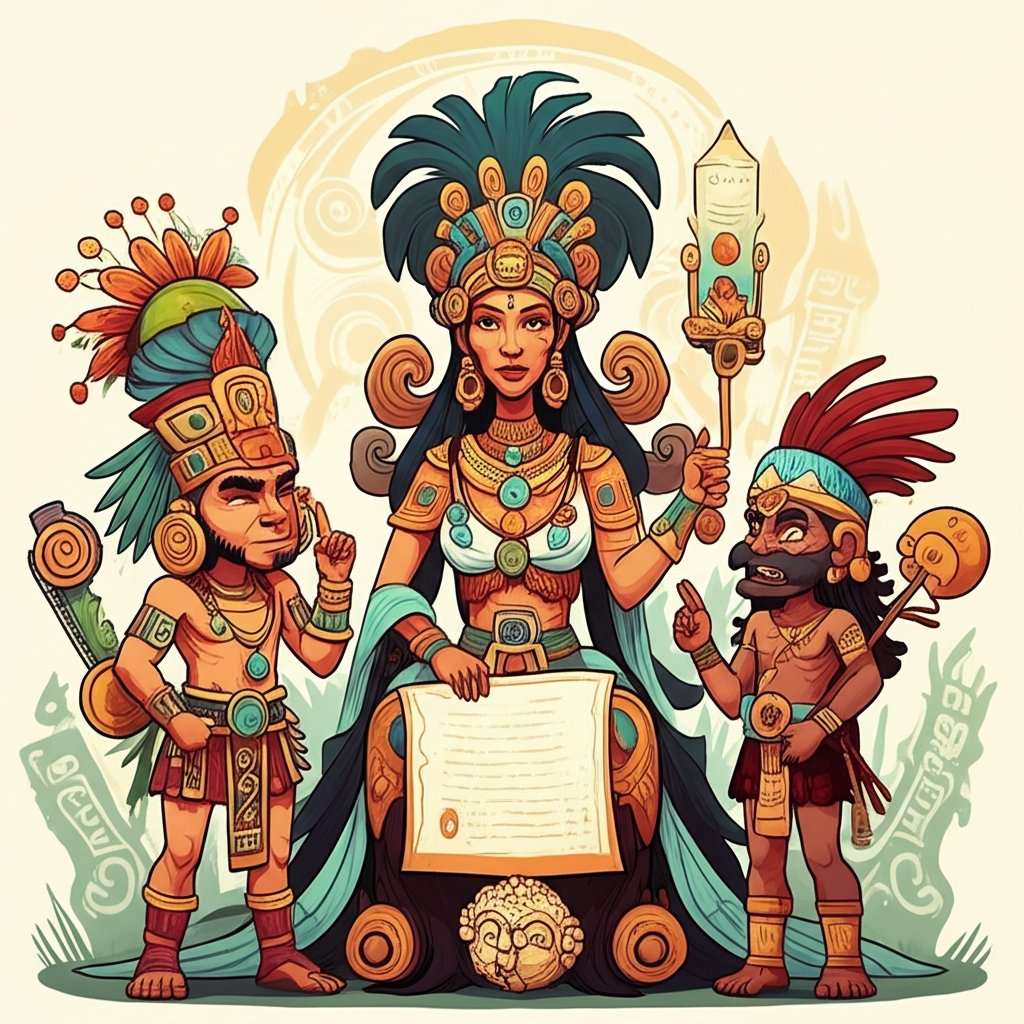From the sun-drenched landscapes of ancient Greece, a land steeped in vibrant mythology and epic tales, emerges the legend of the Judgment of Paris. This is not a historical account, nor a testament to divine truth, but rather a traditional story woven by the ancient Greeks to explore themes of beauty, desire, power, and the often-turbulent relationships between gods and mortals. It is a narrative that echoes through millennia, a testament to the enduring power of human imagination and the cultural landscapes that shape our stories.
The era in which this myth likely solidified in the oral traditions of the Greeks was one of burgeoning city-states, fierce rivalries, and a deep-seated belief in a pantheon of immortal beings who actively intervened in the affairs of humankind. The ancient Greeks, living in a world where natural phenomena were often attributed to the whims of gods and where fate was a powerful, often inescapable force, viewed their world as a stage for divine drama. Their understanding of the cosmos was imbued with a sense of the sacred, and their myths served as a framework for comprehending life’s mysteries, from the changing seasons to the complexities of human emotion. In this environment, the gods were not distant observers but participants, their passions and judgments shaping the destinies of mortals.
At the heart of this particular tale lies a figure whose very existence is intertwined with the very concept of beauty: Aphrodite. She is not a creature of flesh and blood in the mortal sense, but an embodiment of love, desire, and aesthetic perfection. Within the mythic tapestry, Aphrodite is often depicted as possessing an irresistible allure, her presence capable of stirring the deepest affections and igniting the most fervent passions. Her symbolic attributes are numerous: the dove, a symbol of peace and love; the myrtle, an evergreen shrub associated with her; and the scallop shell, often linked to her birth from the sea. These symbols do not suggest a literal being, but rather represent the multifaceted nature of love and beauty that Aphrodite personifies within the narrative.
The story itself unfolds against a backdrop of divine discord. It all began not with a grand pronouncement, but with a wedding – that of Peleus, a mortal hero, and the sea nymph Thetis. All the gods were invited, save one: Eris, the goddess of discord. Feeling slighted, Eris, in her mischievous and vengeful spirit, tossed a golden apple into the midst of the wedding feast. Inscribed upon this "apple of discord" were the words, "For the fairest."
This seemingly simple inscription ignited an immediate and fierce debate among the assembled goddesses. Three powerful deities laid claim to the apple: Hera, queen of the gods and wife of Zeus, who saw herself as the most powerful and therefore the most deserving; Athena, goddess of wisdom and warfare, who believed her strategic brilliance and divine intellect made her superior; and Aphrodite, the goddess of love and beauty, who asserted her claim based on her inherent loveliness.
Zeus, wise to the potential for divine squabbling and eager to avoid taking sides in such a potentially explosive dispute, declared that the judgment should be made by a mortal. And so, Paris, a prince of Troy, renowned for his skill as a shepherd and his handsome appearance, was chosen to arbitrate this celestial contest. He was brought to Mount Ida, a verdant peak overlooking the plains of Troy, to make his decision.
The goddesses, each confident in their own right, presented themselves before Paris. Hera, in her regal splendor, offered him power and dominion over Asia. Athena, with her piercing gaze, promised him wisdom and victory in all his battles. But Aphrodite, in her ethereal grace, whispered a more personal and potent bribe. She offered him the love of the most beautiful mortal woman in the world – Helen of Sparta.
Paris, young and perhaps swayed by the promise of unparalleled affection, was captivated. The allure of ultimate power and the glory of war held less sway than the prospect of possessing the most coveted woman alive. He ultimately awarded the golden apple to Aphrodite, declaring her the fairest of them all.
This decision, born of a mortal’s choice, set in motion a chain of events that would forever alter the course of mythic history. Helen, already married to Menelaus, king of Sparta, was either abducted or willingly eloped with Paris, depending on the telling of the tale. This act of perceived insult and the violation of sacred hospitality would become the casus belli for the legendary Trojan War, a conflict that would engulf heroes and gods alike and ultimately lead to the destruction of Troy.
Within the framework of ancient Greek thought, this myth likely served several symbolic purposes. The apple of discord itself represents the disruptive nature of envy and the unforeseen consequences of even seemingly small provocations. The goddesses, with their distinct offerings, embody different facets of human aspiration: power, wisdom, and love. Paris’s choice highlights the potent and often overwhelming force of desire and the subjective nature of beauty. Furthermore, the story can be seen as a cautionary tale about the dangers of hubris and the potential for personal choices to have far-reaching, catastrophic implications, not just for individuals but for entire civilizations. It also speaks to the complex relationship between mortals and the divine, where human decisions, however humble, can become pivotal in the grand theatre of the gods.
In the modern world, the Judgment of Paris continues to resonate, not as a literal event, but as a potent narrative that inspires and informs various forms of art and culture. It has been a recurring theme in literature, from ancient epics to contemporary novels, where its characters and conflicts are reinterpreted and explored. In visual arts, artists have long depicted the iconic scene of Paris presenting the apple, capturing the divine beauty and the tension of the moment. More recently, this myth has found its way into popular culture through films, television series, and video games, where its dramatic potential is harnessed to create engaging stories and explore timeless themes of love, war, and destiny. In academic circles, the myth is studied within the realms of classical literature, mythology, and cultural studies, offering insights into the values, beliefs, and anxieties of ancient societies.
As we reflect on these ancient narratives, it is crucial to reiterate that the Judgment of Paris, like all myths and legends, is a product of human storytelling. It is a testament to the creative spirit of past civilizations and their attempts to make sense of their world. As Muslims, we recognize that only Allah is the true Creator and Sustainer of all existence, the ultimate source of power and wisdom. These ancient stories, while rich in cultural heritage and imaginative power, do not represent divine truth. They are echoes of human attempts to understand the world through narrative, to grapple with universal human experiences, and to pass down traditions of storytelling that continue to captivate and inspire us today. The enduring appeal of the Judgment of Paris lies not in its claim to factual accuracy, but in its ability to spark our imagination and remind us of the profound and often dramatic ways in which humans have sought meaning and connection throughout history.





